What To Do If You Got A Frozen Heat Pump? [With Pictures]
Your heat pump is frozen. Now what?
If your heat pump is frozen and you're freaking out, don't worry; it is not a big deal! It happens in the wintertime to all of them sometimes- we know because we live in this town too. There's usually nothing wrong with it, so don't be scared or anything!
Heat pumps can freeze up in cold weather, and it's critical to know what to do if this happens. In this blog post, we'll explain why your heat pump might freeze in the winter and what you can do about it. We'll also discuss the defrost function on heat pumps and when a frozen heat pump is a problem. By following the tips in this blog post, you can keep your heat pump running smoothly all winter long!
And if you run into a frozen heat pump during the summer, check out what to do here !
Defrost Your Heat Pump With An HVAC Pro
How Heat Pump Works
Let's start with the basics!
It is essential to understand that heat pumps transfer heat from one area to another for heating and cooling. It draws heat energy from the outside air throughout colder months and moves it inside to heat your home. And to cool you off in the summer, the heat pump takes heat energy from inside your home and releases it outside.
As a split system, a heat pump consists of an outdoor condenser and an indoor air handler. The outdoor heat pump condensing unit circulates refrigeration like a central air conditioner. Refrigerant is a chemical compound that absorbs heat, making heat transfer possible. Due to the reversing valve, a heat pump can reverse the refrigerant flow. As a result, it serves two purposes: cooling your home in the summer and heating it in the winter!
In heating mode, the refrigerant in the outdoor condenser absorbs the heat energy from the outside air. Then, the refrigerant is pressurized and heated to become a vapor/gas in the compressor. Next, the compressor pushes the refrigerant into the inside air handler unit. While inside the air handler, the vaporized refrigerant flows to the indoor unit coil. The cold air from your home is blown over the coil and absorbs the heat from the refrigerant. As heat leaves the refrigerant, the refrigerant turns back into a liquid and circulates back to the outdoor unit.
Why Do Heat Pumps Freeze In The Winter?

Now that you understand how a heat pump works, it's easier to see why heat pumps can commonly freeze up in cold weather. When heating mode is in use, the refrigerant turns from vapor to liquid as it comes in contact with the outdoor coil. As a result, condensation forms on the outdoor coil. When the temperatures drop below 32 degrees, the condensation freezes, creating a layer of ice on your outdoor heat pump unit.
How To Tell If Your Heat Pump Is Frozen
The best way to tell if your heat pump is frozen is to check the outdoor unit. If you see ice or frost on the exterior of the condenser, the heat pump is frozen.
What Is The Defrost Cycle?

It is expected for a heat pump to become icy during the winter, so all heat pump systems have a defrosting function. When the defrost control board detects conditions for ice formation, it activates the reversing valve. The reserving valve reverses the refrigerant flow during the defrost mode and sends hot refrigerant into the outdoor coil, as it would in cooling mode. The hot refrigerant raises the internal temperature of the outdoor unit, defrosting the heat pump condenser unit. When the defrost mode is operating, your heat pump relies on your auxiliary heat to keep your home up to the thermostat's set temperature. Read more about what your auxiliary heat is here .
The defrost cycle lasts approximately 10 to 15 minutes. Afterward, the heat pump system will function normally, with the defrost mode triggered as needed.
How To Fix Frozen Heat Pump:
Step 1. Assess Area Around Frozen Heat Pump
Debris, such as snow, dirt, plants, and leaves can suffocate the outdoor heat pump unit. This prevents the outdoor evaporator coil from vital heat transfer and can make your heat pump freeze up in the winter. It is valuable to assess whether the surrounding area is encroaching on the heat pump's ability to bring in outside air. Clear the space around the outdoor heat pump unit.
Another element to be aware of it is whether the gutters drip on top your outdoor heat pump unit. If your gutters are not properly draining water or are secure, they could be pouring excess water all over your heat pump. Excess water dripping from your gutters can make your heat pump freeze up when temperatures drop.
Step 2. Shut Off Heat Pump
The best way to attempt to defrost a frozen heat pump is to turn off the heat pump and turn on the fan. You can do this on the thermostat.

thermostat off and fan on
Step 3. Turn On Fan
Next, turn on the fan setting on the thermostat.
Step 4.
Call An HVAC Professional
If this does not melt the ice, then completely turn your heat pump and fan off and call an HVAC professional.
Have a Local HVAC professional Fix Your Heat Pump
When Is A Frozen Heat Pump A Problem?

The good news is that a frozen heat pump is not always a problem. However, frost or ice that's really thick could reveal a critical issue with your equipment. Generally, the frost that forms between the defrosting cycles is just a thin layer. And since it hasn't been there very long, it will melt quickly. If the ice does not melt, then your heat pump might be in trouble. If you have a heat pump that has been frozen over for a long time, call an HVAC technician to inspect and diagnose the problem.
If you observe both the inside air handler coil and the outdoor unit coated in ice, it generally means that the defrost function on your heat pump is not working correctly. Several causes could include poor airflow, low refrigerant levels, or a faulty defrost control board.

Too much ice built up on the heat pump can cause it to break down or even damage the system's internal parts. Call an HVAC Pro for more information if you think this might be the problem.
What Causes a Problematic Frozen Heat Pump?
There are a several reasons why your ice may build up on your heat pump and not defrost properly. Some of the most common causes include:
Poor Air Flow
A lack of air blowing through the outdoor evaporator coil will prevent the refrigerant from converting to warm gas. As a result, the refrigerant freezes - either on the evaporator coil or in the condensate line.
What are examples that may contribute to poor air flow?
Malfunctioning
Outdoor Fan Motor

The outdoor heat pump fan blows cold air over the outdoor coil. Without critical airflow from the outdoor unit fan, the heat pump will have difficulties absorbing enough heat. When the outside unit fan malfunctions and does not blow enough air over the coil, the outdoor evaporator coil may freeze, eventually shutting down the heat pump.
Blocking the outdoor evaporator coil or the blower fan blade causes frozen heat pump
Excessive leaves, snow, shrubs, or other debris blocking the outdoor unit coil or fan blade will prevent the heat pump from absorbing heat. When the outdoor unit cannot "breath", the HVAC system will freeze up.
Low Refrigerant Levels
Low refrigerant means you have a refrigerant leak. If there is not enough refrigerant in your system, it can't absorb as much heat. As a result, the coil may freeze if the outside temperature drops below 32 degrees Fahrenheit.
Furthermore, as your heat pump naturally ices up in cold temperatures, there may not be adequate refrigerant to defrost the heat pump. As a result, your heat pump cannot correctly maintain heating capabilities when low on refrigerant.
If your heat pump is over ten years old, it most likely uses Freon R-22. Freon-22 is a type of refrigerant that has been phased out due to EPA guidelines. Click here to learn how this refrigerant band will impact you.
Faulty Defrost Control Board
The defrost control board monitors whether or not conditions are right for ice to form on the outdoor coil. If this part malfunctions, it could prevent the defrost mode from kicking in when needed, leading to a frozen coil. When your heat pump completely freezes over, the heat pump relies on the auxiliary heat for heating your home. Using the backup heat will make your energy bills skyrocket, so a heat pump repair is in your best interest.
Faulty Reversing Valve

Heat pump reversing valve
Every heat pump system has a reversing valve. The purpose of the reversing valve is to change the direction of the refrigerant. This is what makes the heat pump functional for both heating and cooling. However, if the reversing valve is faulty, your heat pump system may be unable to properly defrost your heat pump when it begins to ice up.
Thorough & Efficient Heat Pump Repair
How To Prevent Ice Build Up On Your Heat Pump
When it's time to brave the cold winter months, make sure your heat pump is in top shape with regular maintenance. Maintaining an optimal condition will help you prevent ice buildup. Ice build up can cause severe damage to your HVAC system. During a heating tune-up, an HVAC specialist will evaluate all conditions for proper air flow, check your refrigerant, and assess each mechanical component. Because of routine maintenance, you won't have to worry about a faulty defrost control board or low refrigerant levels ruining your winter wonderland!
Stay Warm, Folks!
Freezing temperatures are no joke, and when your heat pump is frozen for a long time, it can be more than just an inconvenience. If you find yourself in this situation with a heat pump that is not defrosting, don’t worry! We know how to get things going again quickly so you can enjoy warmth without fear of losing heat or rising utility costs. If the defrost mode is unable to prevent an icy build up on your heat pump unit call an HVAC pro for a heat pump repair .
Give us a call or schedule online today and we can help you get your heating system up and running again in no time. Stay warm, everyone!
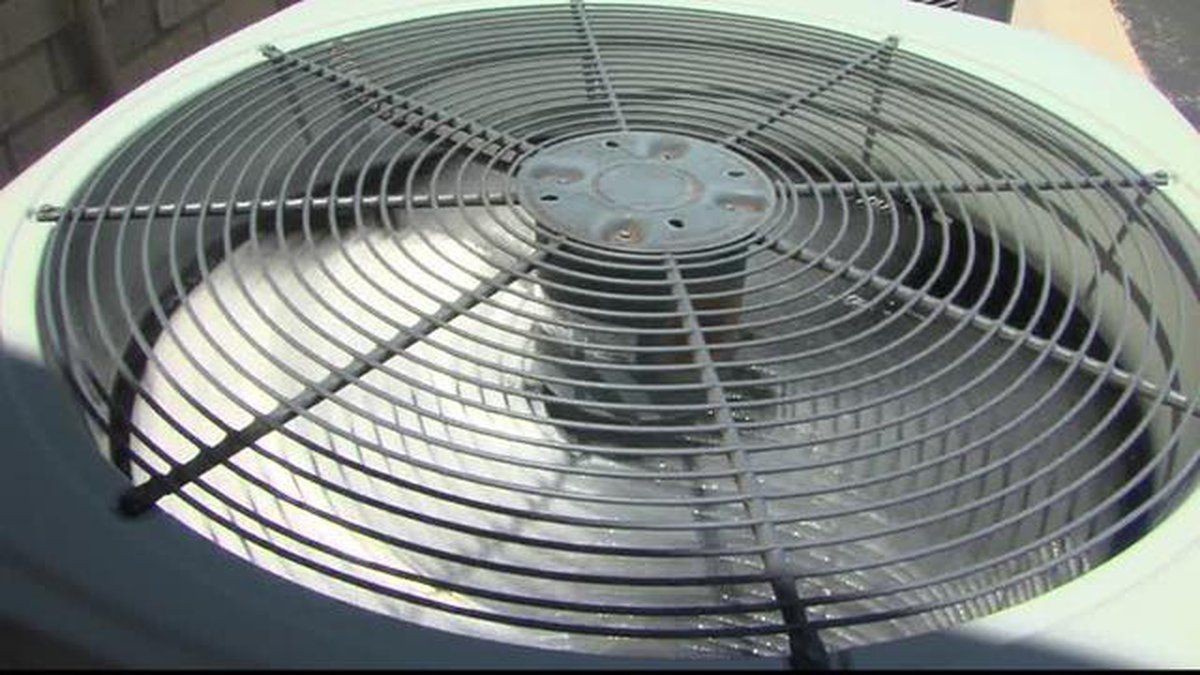

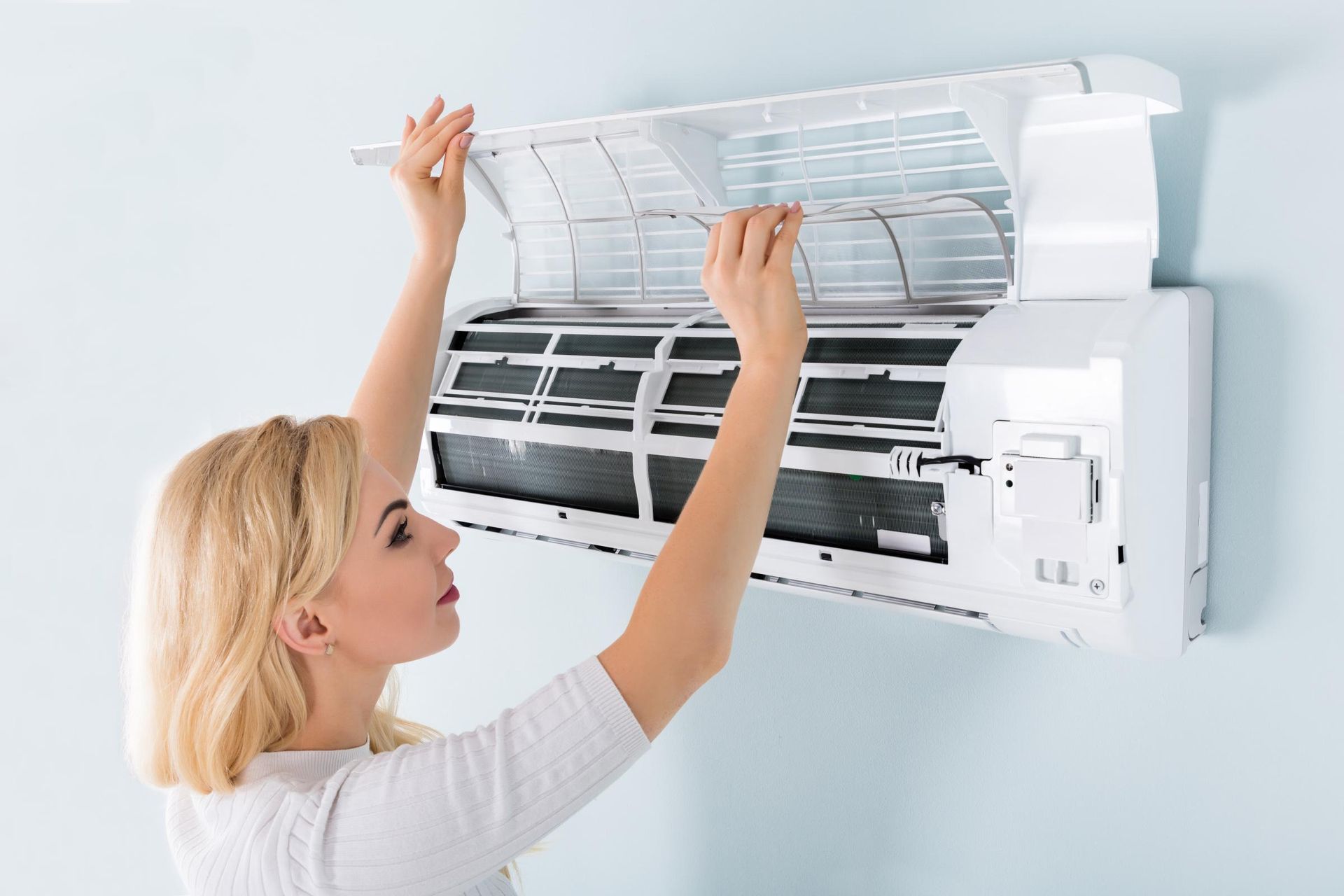
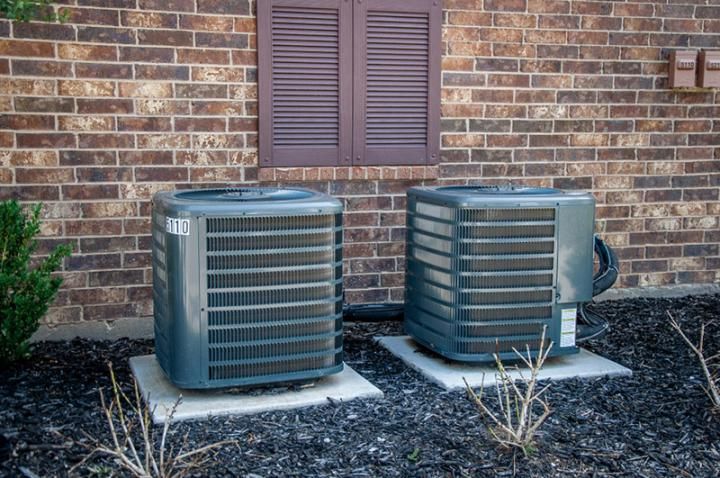

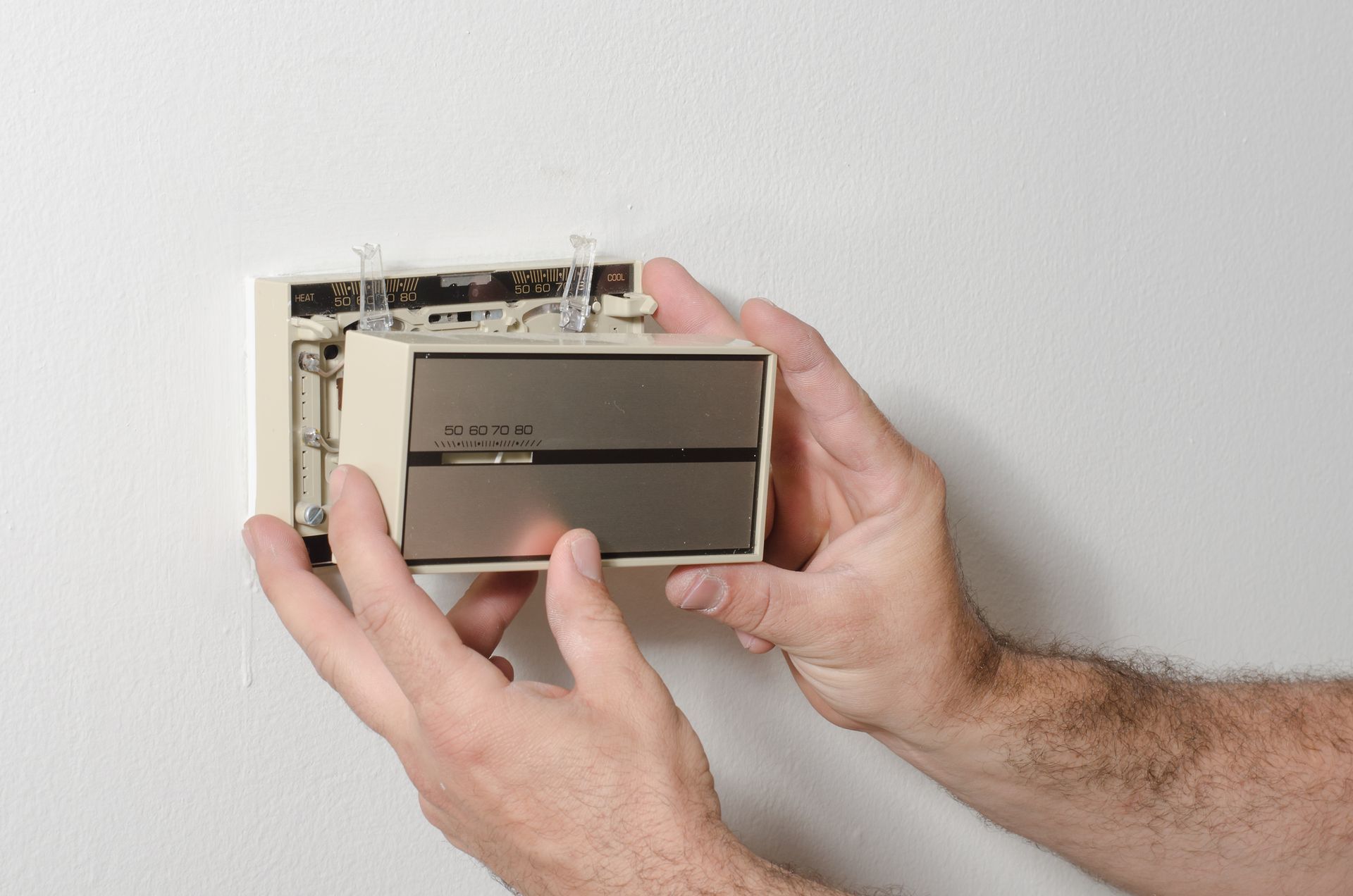

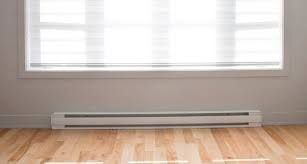
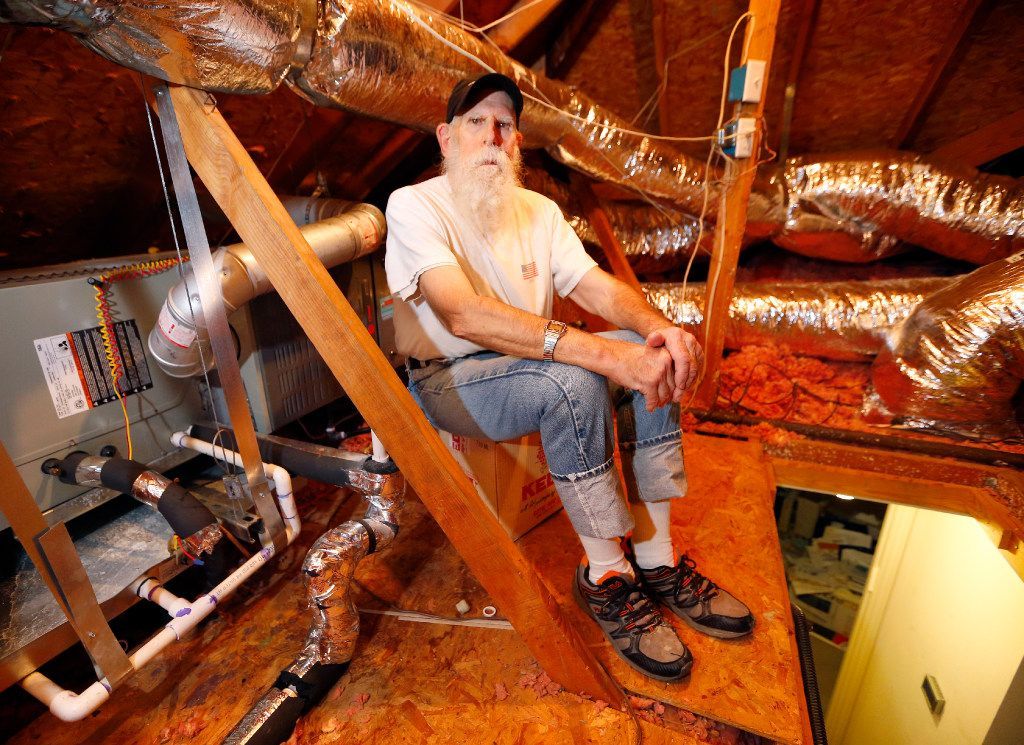

At 24/7 Local HVAC, we specialize in facilitating connections with top-tier HVAC professionals. Our focus is on bridging the gap between you and reputable HVAC companies operating within your local vicinity. It's important to emphasize that each of these HVAC entities functions independently and autonomously.
We firmly place the onus on every individual user to meticulously verify that any selected HVAC company aligns with the mandated licensing and insurance prerequisites stipulated by the governing authorities in their respective jurisdiction.
Furthermore, it's worth noting that our services may regrettably not cover all geographical areas. In instances where our services are available, the scope of offerings could potentially differ based on the composition of service providers present within that particular region.

